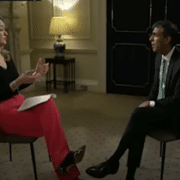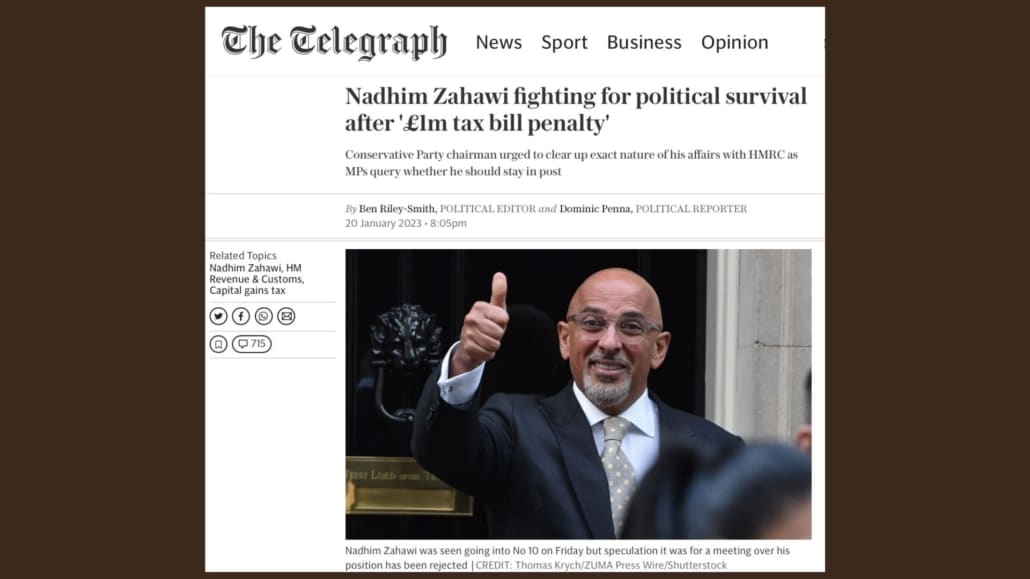Why Journalists ask Personal Questions
Top of the list of questions that throw people in media interviews are personal questions. One example of this came on BBC Radio Four’s PM programme.
The interviewee is Phil Harding, a resident of Saltford, a village near Bath, and active on the Parish Council and the Saltford Environment Group. He feels housing developments are going up inappropriately in his area. A few minutes into the interview (at 25 minutes past 5pm if you want to listen), presenter Evan Davis, asks Mr Harding:
‘Tell me about your home, what sort of house do you live in?’

Mr Harding appears taken aback by the line of questioning but answers factually that he lives in a four-bedroomed house. It soon becomes apparent that there are now only two people living in the property as his children have left. Evan Davis makes the obvious point that objecting to housing developments is all very well for those that have generous homes with spare bedrooms, but there is an acute housing shortage and there are thousands of people in the UK desperate to buy or rent homes.
Although Mr Harding dealt with the personal questions in a straight forward manner, he appears taken aback by the line of questioning, and in becoming defensive loses sight of the bigger argument. But in fact, it was a perfectly predictable question. Journalists always have the option of questioning people’s reasons for their views. And in some cases, challenging hypocrisy.
Another more high-profile example came a couple of weeks ago. When talking about the crisis in the NHS, Prime Minister Rishi Sunak was asked whether he used private, paid for, health care.
Sunak gave in, once it became clear that refusing to answer had not worked, and journalists were digging around trying to find the truth. A more direct answer the first time might have been wiser. Again, for a journalist or a PR person, the question was entirely predictable and those that prepare the Prime Minister’s reactive lines could have done a better job.
Why do journalists chase these personal angles? Sometimes because they suspect foul play as we have seen in the Nadhim Zahawi story. Sometimes because they doubt the authenticity of those telling the rest of us how to live, and sometimes because there is a high chance they will uncover hypocrisy or self-interest driving policy decisions.
It should not be a surprise to any interviewee that this might happen.
By the way, journalists are certainly not immune from hypocrisy and while certain members of the fourth estate are quick to report outrage (or fake outrage), no one has the job of questioning their private lives!
- Media Savvy Operators Know How to Place a Quote - May 21, 2024
- The Magic of Performance - May 14, 2024
- Our Top Tips: - May 8, 2024





Leave a Reply
Want to join the discussion?Feel free to contribute!